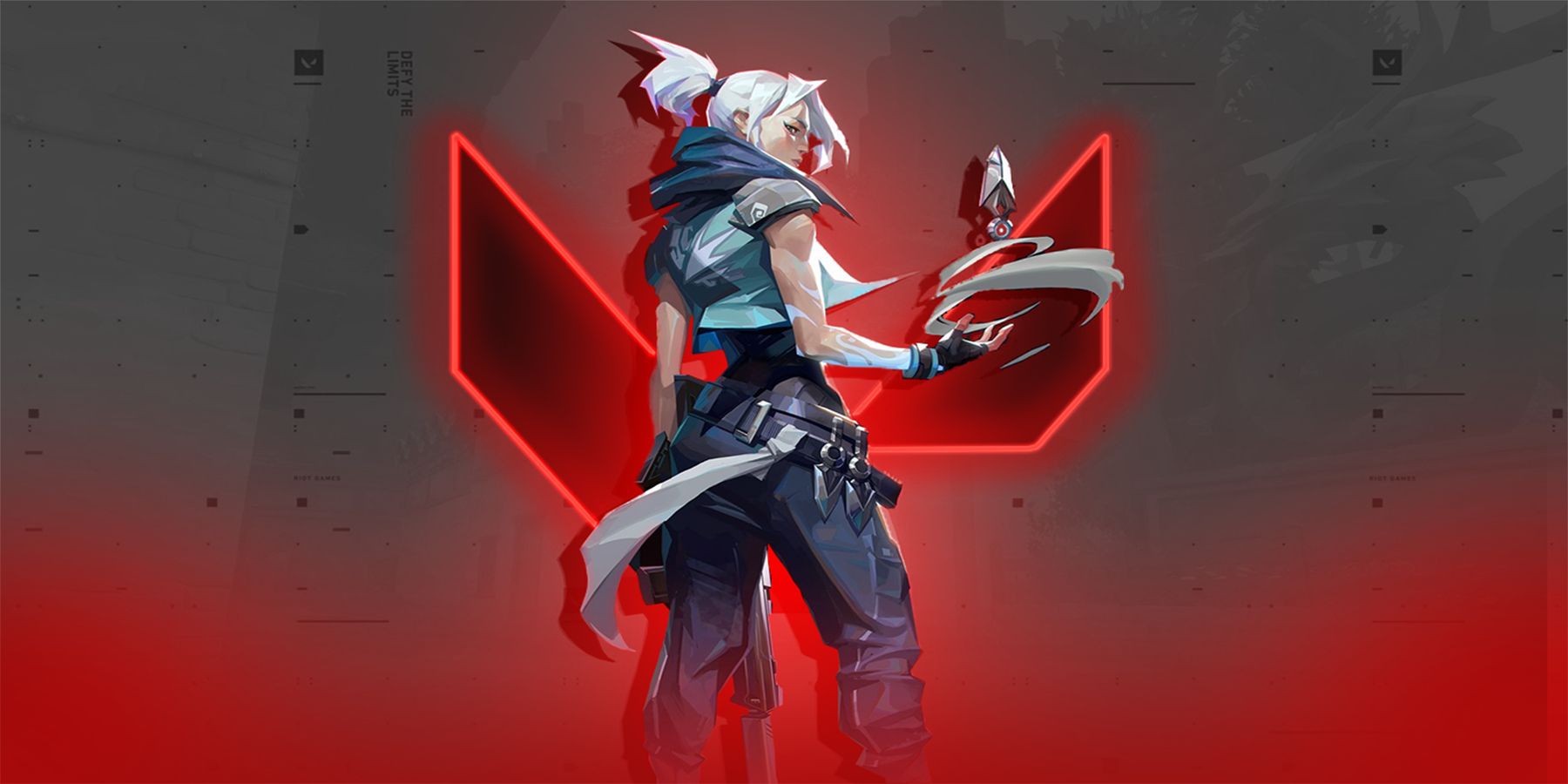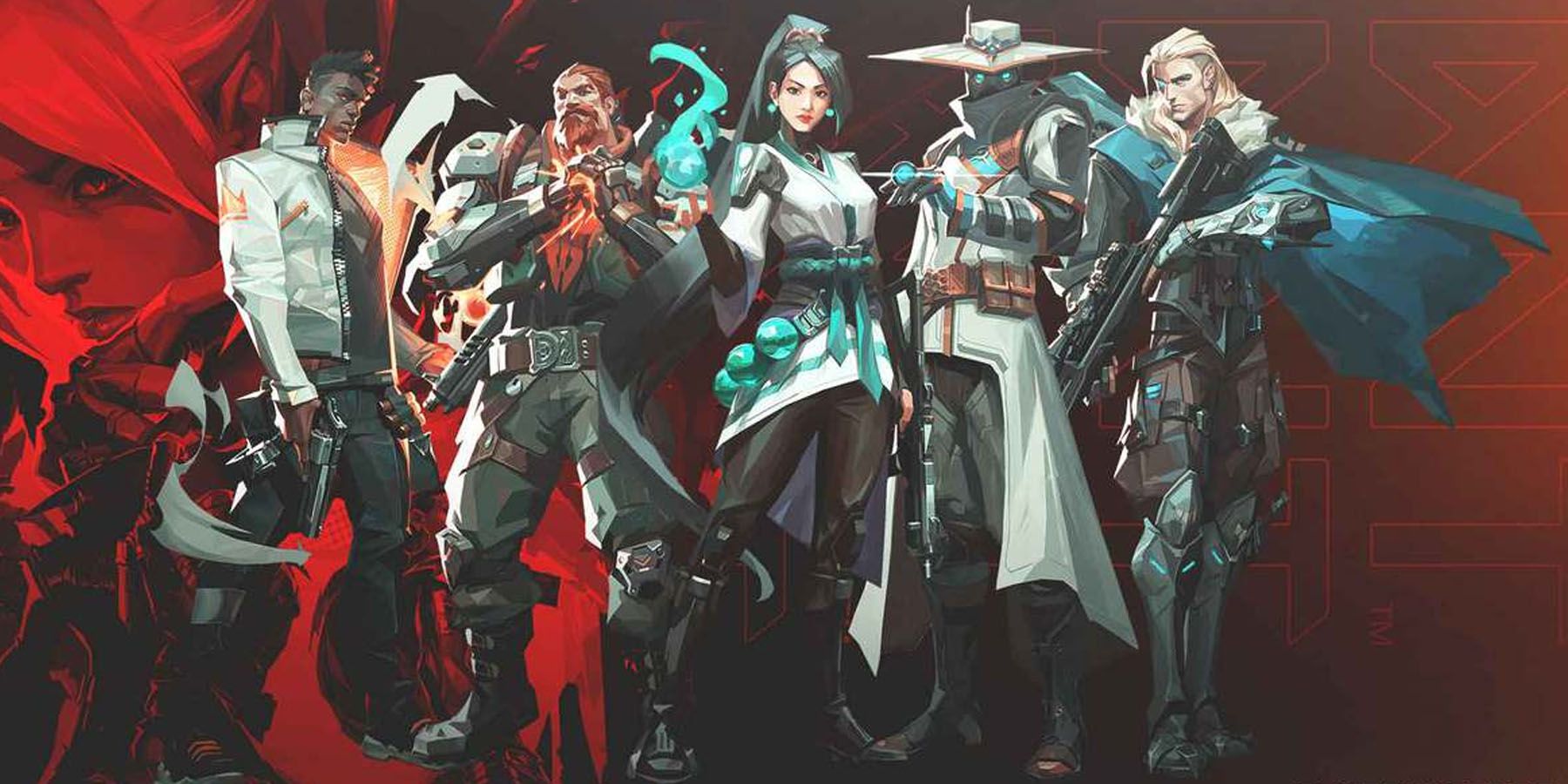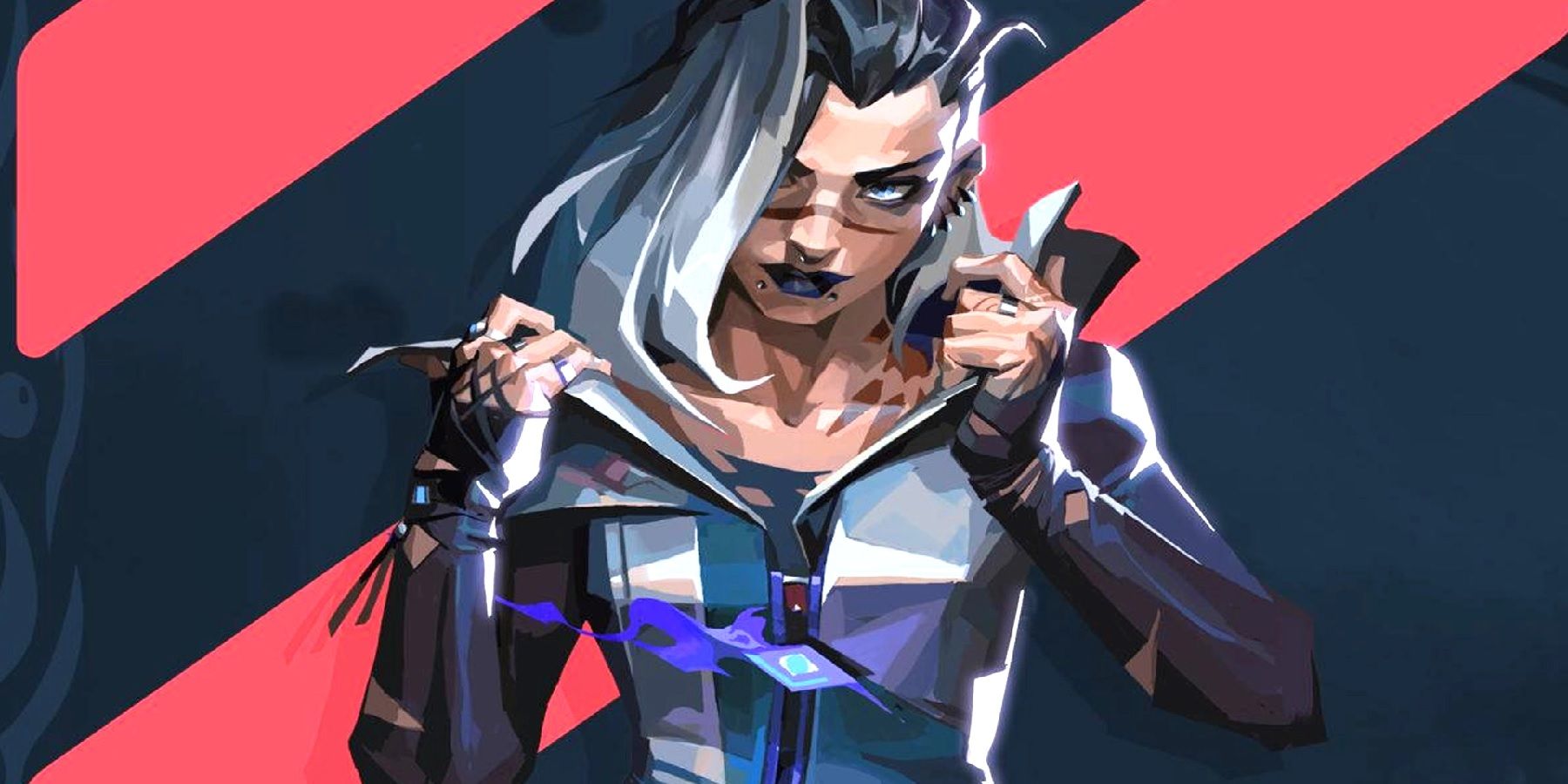Riot Games' team-based FPS Valorant has exploded in popularity since it was officially released in June 2020, competing with the likes of Call of Duty and Apex Legends. The free-to-play Valorant offers several game modes, including Unranked and Competitive matches which feature opposing Agents battling over a Spike which must either be defused or protected.
While competitive gameplay exists in most modern shooters and can be very enthralling as players climb their way up the ladder, it can also become toxic quickly. Whether the malice originates from a player's own teammates or the enemy team, it almost seems that bad behavior travels hand in hand with any game that allows for communication. Still, ridding games of this communication can entirely unbalance gameplay that requires teamwork and quick decision-making, as was seen when Rocket League removed the voice chat option for almost eight months. However, Valorant's recent decision to monitor voice chat to combat toxicity hasn't been received entirely positively.
Riot's Decision to Monitor Valorant Voice Chats
Riot Games' community is unfortunately infamous for player toxicity, namely verbal or text chat abuse in Valorant, League of Legends, and other titles. Starting July 13, Riot Games will officially begin to monitor in-game voice chats in North America in order to combat disruptive players, which is an idea it has been tinkering with since 2021. Studies have found that 74% of adults experience harassment in online games, and Valorant is certainly no exception, with reports of harassment picking up as soon as the initial beta launched.
Eavesdropping on players' conversations is a step forward in Valorant's war on anti-toxicity, as a beta program will record and analyze players that are susceptible to verbal tirades. The data collected from the test on North American servers will hopefully allow the AI to get in a "good enough place for a beta launch later this year." The technology won't be perfect at the start, but Riot says it has "systems in place to make sure [it] can correct any false positives (or negatives for that matter)" which sounds much like Sony's recently patented troll detection system.
The Controversy Behind Riot's Decision
The Valorant player base is split on the company's decision to monitor voice chats, mostly due to the lack of details. Some are wondering if the voice chat AI will still monitor them if their microphone is muted, or if it will still listen in on them if they are utilizing push to talk. Not all of Valorant's fans are adults; recording minors, and others, may not be entirely illegal in North America but certainly has left many people feeling uncomfortable. If Riot Games is planning on moving forward with adding Valorant to consoles, this may become even more of an issue as more users join the community.
While some feel that monitoring text chat is a good idea, having an AI that has access to a user's voice can present a security risk. What someone's microphone picks up is what the AI will be able to hear, which can include other people in a household, the real names of people, and locations. It goes without saying that such information would be a goldmine for any company willing to sell personal data. File breaches such as the Roblox security error in 2021 can put millions of people's data at risk. At the moment, players have no way of knowing for sure who will have access to this data or how it will be used in the future.
A few voices have chimed into the controversy, asking for Riot Games to simply enhance Valorant's report and ban system by allowing people to write tickets based on someone's behavior to the Instant Feedback team. The fault here, however, is that collecting solid evidence of throwers, trolls, or verbal abuse would be much more difficult.
Other fans of the game are citing that this seems like a responsible verdict, as now players who often go unpunished for their derogatory statements will certainly face consequences. Additionally, for players that want to queue with friends, it's more likely that they would utilize a different server, such as Discord or TeamSpeak, to converse with one another, which would allow them to pass on Valorant's in-game voice chat. Still, for a Competitive queue, most people would want to be able to hear and speak to their teammates if they're not a five-stack in Discord together.
With such a popular game following Back 4 Blood's footsteps in monitoring voice chats, other AAA games may begin to follow suit. Hopefully, more details will come as to exactly what Valorant's beta system will be listening to, and precisely how the recordings will be used.
Valorant is available on PC.



